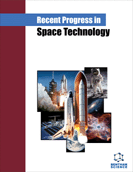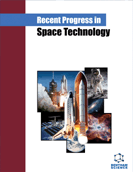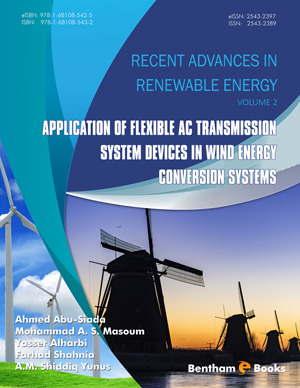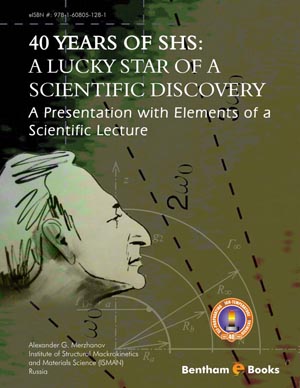Abstract
The study highlights a rising number of fluids such as nanofluids and hybrid
nanofluids encountered in daily life that exhibit non-Newtonian behavior and they are exploited
in manufacturing due to their high heat transfer rate becoming more and more important as time
goes on. The focus is on hybrid nanomaterials because they increase liquid alloys' and fluids'
thermal conductivity. The various investigations on a thermal Marangoni convective flow of
aluminium alloy and Boehmite alumina nanoparticles into gasoline oil in base fluid water on a
steady Darcy-Forchheimer flow are covered. With the system's exponential heat generation and
viscous dissipation, the thermal impact is more pronounced in the presence of Cattaneo-Christov heat flux. To simplify the highly coupled nonlinear governing equations (PDEs) and
the boundary conditions (BCs), a suitable similarity conversion is being applied. The outcomes
of the conversion equations and their BCs are evaluated by MATLAB bvp4c routine with the
shooting techniques. Through the use of graphs and tables, it has been determined how different
governing factors affect the velocity, temperature, skin friction, and Nusselt number. A quick
comparison between a hybrid nanofluid and a nanofluid is displayed in each graph. We also
discussed the system's Bejan numbers and entropy creation. It has been observed that the
proportion of heat transmission increases with heat generation but decreases with the
Marangoni number. A nonlinear increase in the permeability constant and Brinkman number
results in a rise in entropy generation.


















